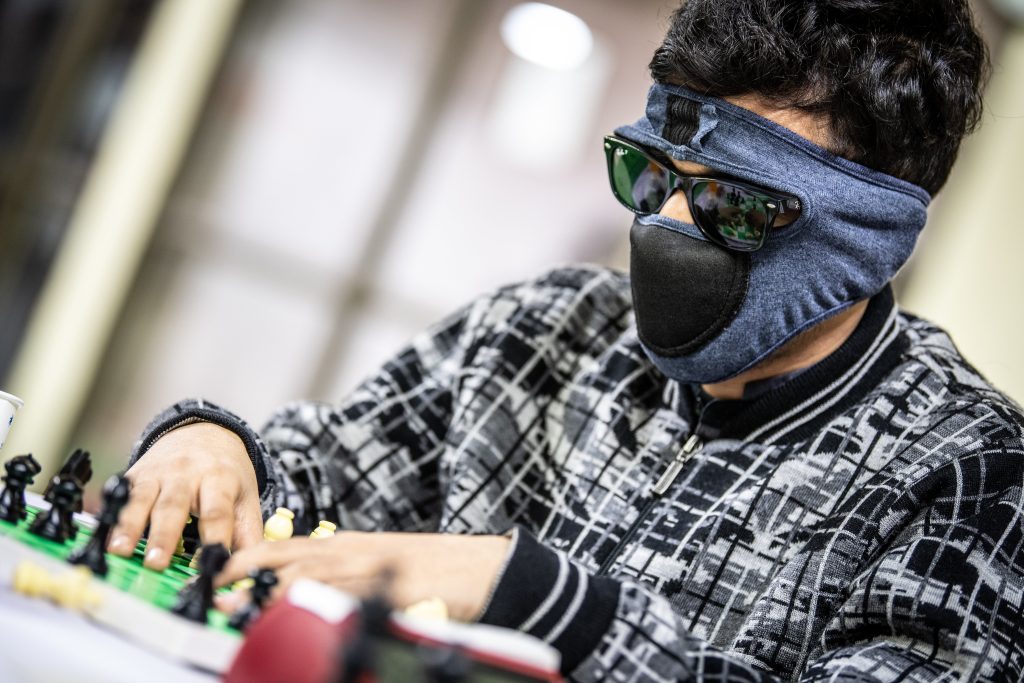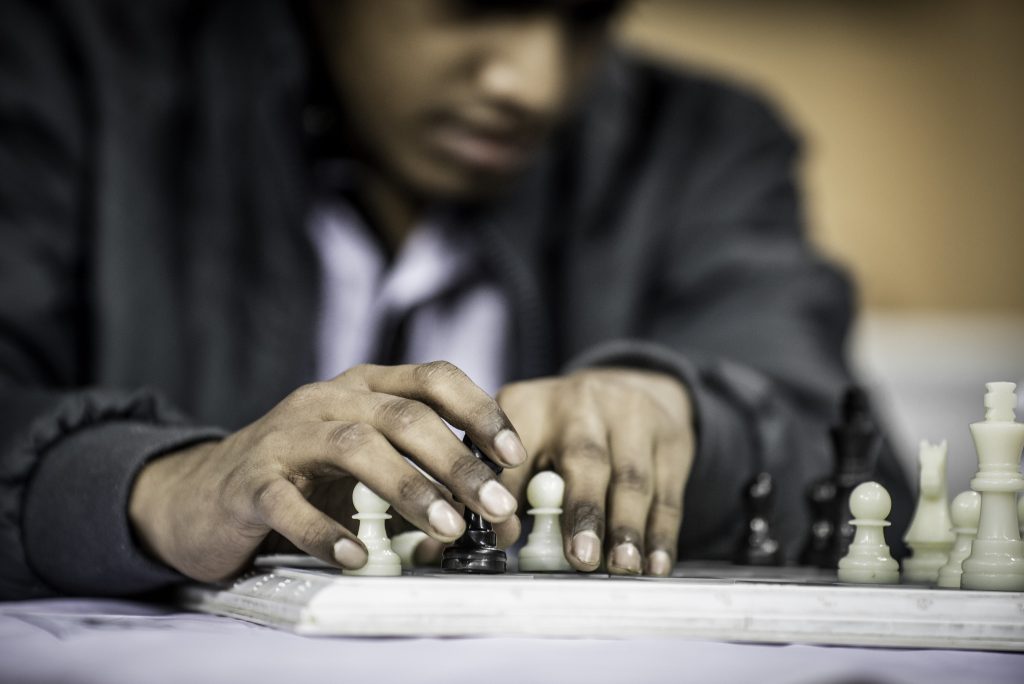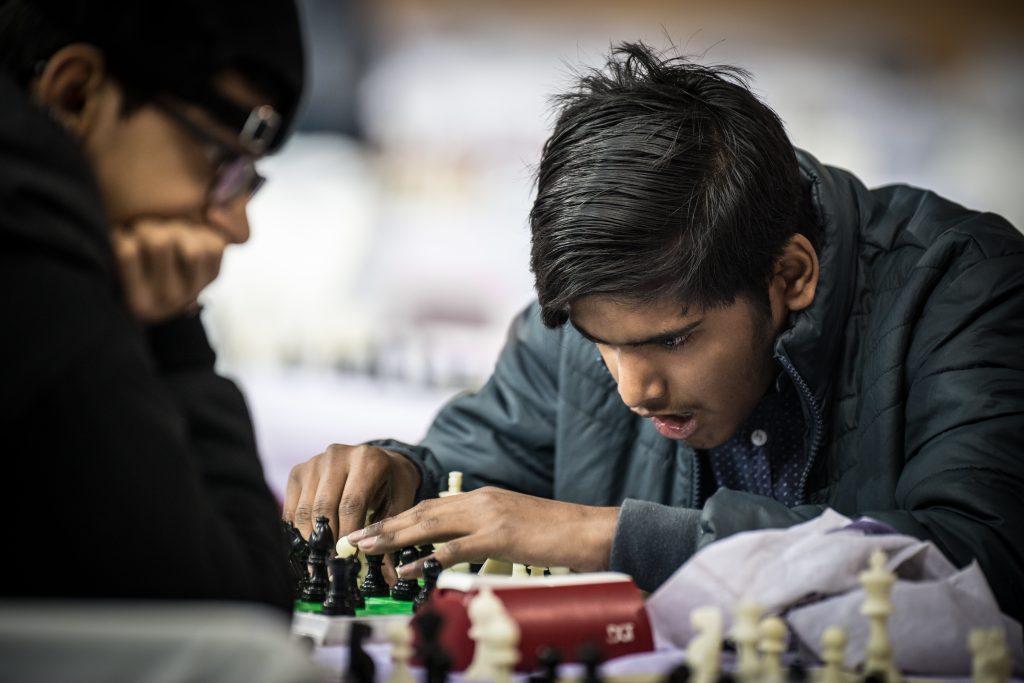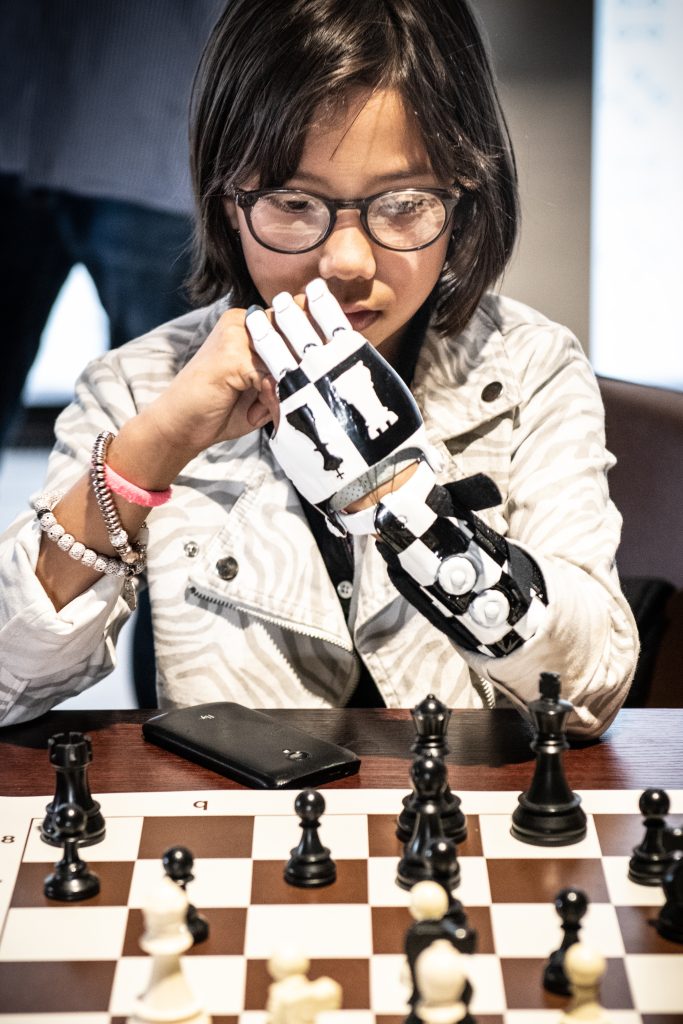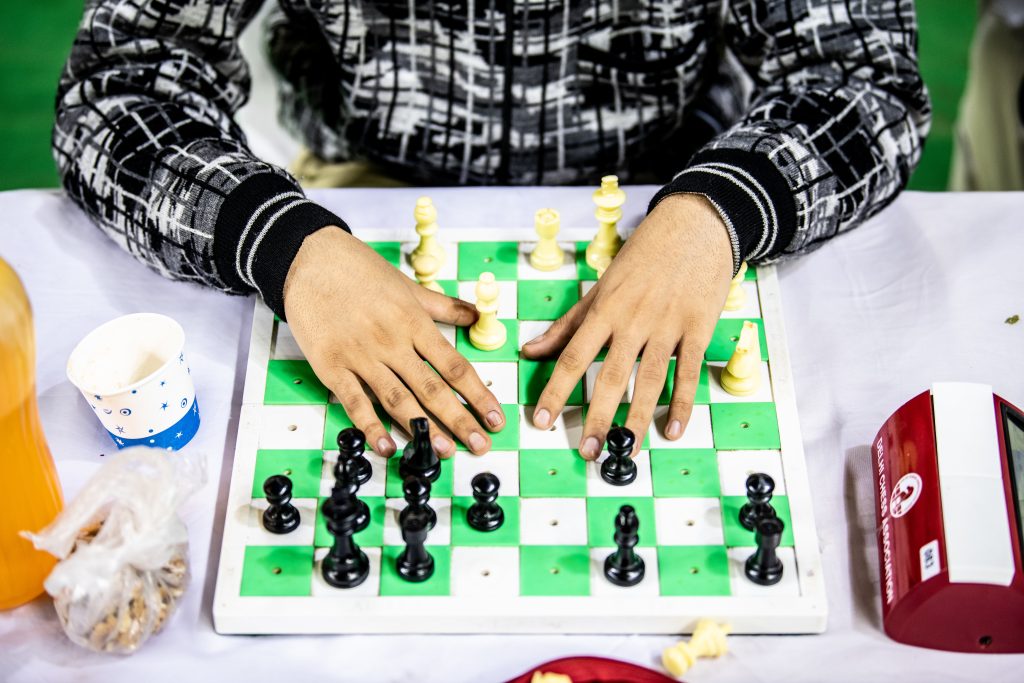ABOUT THE EVENT

About the 1st Chess Olympiad for People with Disabilities
Belgrade, Serbia will host the 1st Chess Olympiad for People with Disabilities, which will take place from January 29 to February 5, 2023.
The 1st Chess Olympiad for People with Disabilities is a team competition, played over four boards, and limited to a maximum of 30 participant teams: 27 teams are selected by rating, and four are nominated by the FIDE President. If there is an odd number of participating teams, the host Federation (Serbia) is entitled to register a second team.
The teams are made up of 4 players. One female player is recommended in the team. The mixed teams may consist of players of three disabled categories: players with communication (hearing) impairment, physical disability and visual impairment.
Chess, a tool for inclusion
In chess, all that counts is how strong your ideas are.
Physical differences due to age and sex are not an impediment to battle over the board, and of course, this has huge implications in the case of people with physical impairments.
Grandmaster Thomas Luther is a three-time German Champion (1993, 2002, 2006), who reached the top 100 in the world ranking. Thomas became a world-class figure in an extremely competitive field despite the added challenge of being born with a physical disability.
“Learning chess at an early age was key for me to succeed in life. The Chess Olympiad for People with Disabilities will give a voice to disadvantaged people and will also help them to develop self-esteem and earn recognition. Chess is the only all-inclusive sport”, explains Thomas.
“In these events, there are people who are facing challenges in life, and they will have the opportunity to meet other people facing similar chances. So there is a lot of communication, and friendships develop among the players. The social aspects are very important.”
The first-ever inclusive sport
Chess became the first-ever inclusive sport in 1848 when, for the first time in history, a chess set was specially adapted to enable visually impaired players to recognize the position of the pieces by touching them. Theodore Tylor was among England’s leading players in the 1930s, and despite being nearly blind he managed to score a draw against Alekhine and Capablanca, two of the best players in the first half of the XX century.
Currently, there are three international associations for blind players (IBCA), for physically impaired players (IPCA), and deaf players (ICCD). Each one of them is affiliated to FIDE.
Now, FIDE has materialized the ambitious project of organizing a dedicated Chess Olympiad exclusively for people with disabilities, to be held every two years. This event will give more players with disabilities the opportunity to compete at an international event, representing their country.

